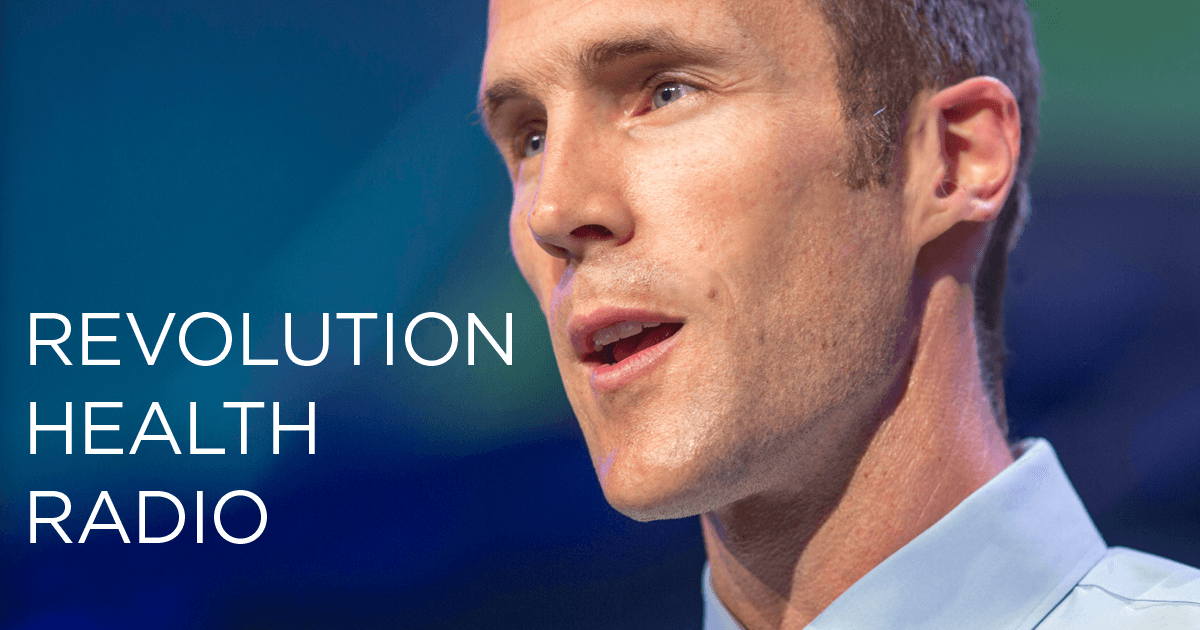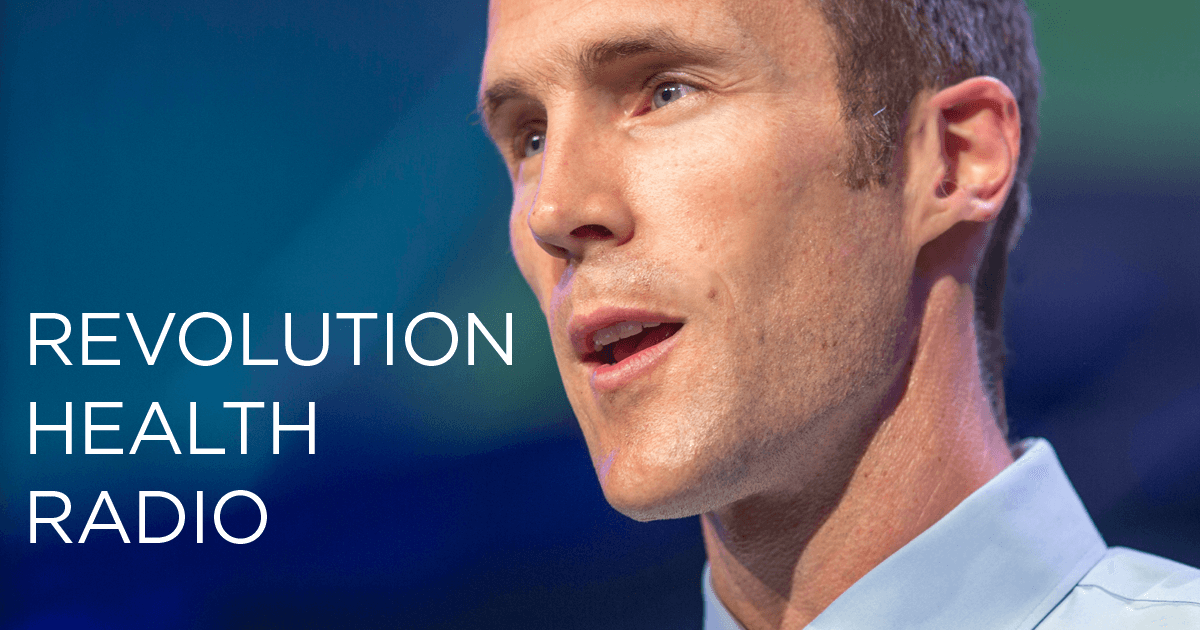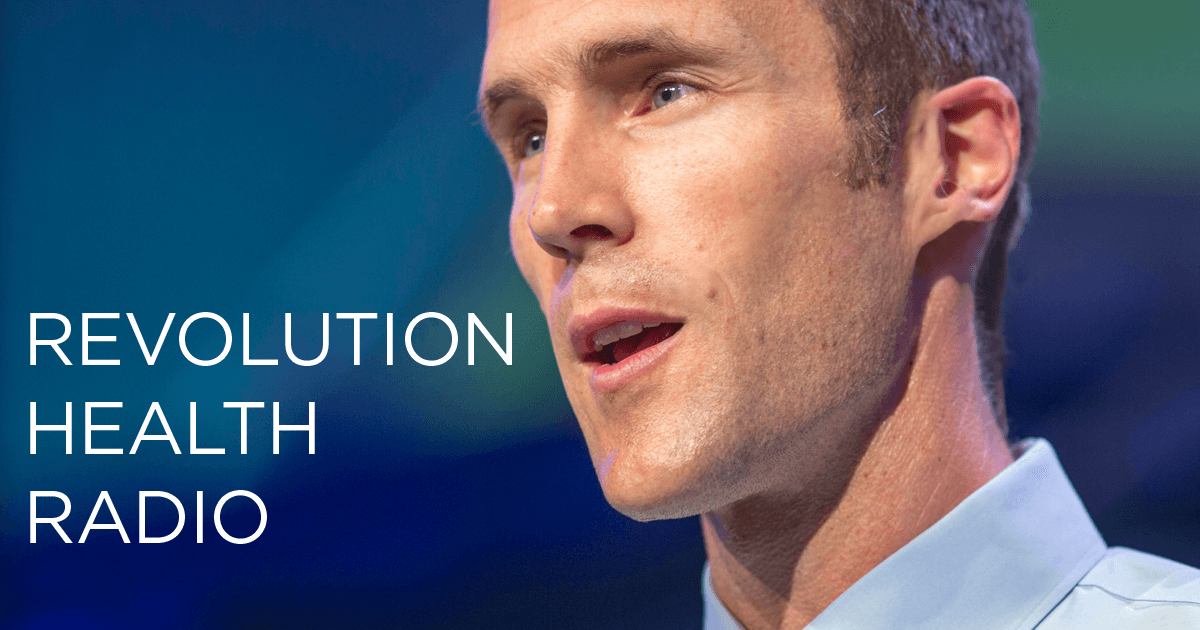
Effective Communication: Health Coaching in Action

Page Contents:
I am an ADAPT-Certified Functional Health Coach (Chris Kresser likens us to change agents). I am also an Enrollment Advisor for the Kresser Institute and have the pleasure of spending part of my day talking to wellness warriors who want to share their passion for Functional Medicine and optimal health. We created a series of articles to forward the understanding of the vital role health coaches play in helping clients achieve positive health outcomes. Via a Q&A format, we hope to give you a window into the exciting and growing field of health coaching. I look forward to your feedback and would love the opportunity to learn more about your vision of a future as a change agent.
How does effective communication connect with health coaching? Check out this article to find out. #healthylifestyle #changeagent #kresserinstitute
Why Is Effective Communication Important for Health Coaches? It Builds Relationships
OK, now back to engaging with total strangers and what it has to do with successful health coaching. Both employ effective communication skills to create connections and possibilities. When we first engage with a client, it can feel like walking into a room of people we don’t know, There are expectations, apprehensions, and perhaps excitement.
The coach:
- Am I calm, present, and emotionally available?
- Do I present with a respectful curiosity and show up with an empathetic, nonjudgmental, and supportive way of being?
- Do my reflections communicate a sense of understanding?
The client:
- Do I feel safe?
- Do I feel heard and understood?
- Is this relationship worth the investment of my time and money?
How well a coach and client connect will help determine whether their working relationship is viable. That future is substantive when both parties work from a place of trust, when they co-create a plan toward a meaningful vision, and when they both are engaged in moving forward toward growth and health.
There are always obstacles along the path of growth and change. How a health coach guides and supports a client over barriers via curiosity, compassion, partnership, acceptance, powerful questions, and listening will ultimately drive outcomes.
Effective Communication Is not Advice
Telling others what to do usually does not make for successful relationships. Think of a time in your personal or professional life where you were given advice vs. contributing to the solution. How did you feel?
So, when I read a message from a friend of a friend (Lisa), who was just diagnosed with type 2 diabetes, asking me for some tips on how she could lower her blood sugar, I really struggled with how to respond. I thought, how brave she is for reaching out for help. I desperately wanted to answer her questions, but could I really be of service to her doling out advice? I was working to understand the questions behind the question, and I recognized that a quick reply would do little to truly help her achieve her goals.
| Advising | Coaching |
|---|---|
| Providing information that does not change outcomes | Gauging the client’s stage of change |
| Coach centered | Actively listening to discover the readiness and direction |
| Diagnosing, prescribing | Seeking client strengths to motivate action |
| What advice sounds like: | What coaching sounds like: |
| “I think you should …” | “Tell me more.” |
| “If you feel ____, then you should ____.” | “On a scale of one to 10, how ready are you to ____?” |
| “I recommend …” | “It sounds like you are very determined. How can that help you accomplish ____?” |
I messaged Lisa back asking her if she would like to talk, voice to voice, heart to heart. I was genuinely curious and compassionate about her struggles and goals. I asked her questions designed to elicit a deeper understanding into her values and why she wanted to make changes. I learned that she is:
- An entrepreneur, wife, and mother of two small children
- Someone who has a love of learning and dance—and once owned her own dance studio
- Ready to make some changes and take on new challenges after receiving a type 2 diabetes diagnosis
- Determined to lose 50 pounds by her 50th birthday
- Confused about how to eat
- Curious about how a Paleo or keto lifestyle could further her goal
- Supported by her healthcare team
We made a deep connection that day, which began a year-long relationship filled with connection, discoveries, obstacles, and celebrations.
Getting to Know Lisa
“When I was diagnosed, all the advice felt like just words I was hearing, but there was no direction or clarity about what I should actually do.” — Lisa
Q: What inspired you to seek out a health coach?
A: I was frustrated that, despite taking meds and dealing with the side effects, my blood sugar was still high. The meal plan I received from my diabetes nurse educator did not make sense to me and it was difficult to contact her with questions.
Q: How did you find your way to a health coach?
A: I was referred by a close friend who had worked with MaryAnn. I reached out on Facebook and was encouraged when she asked me to give her a call. She asked me numerous questions to find out where I was right now and what my vision of health looked like. I appreciated her curiosity and commitment to working alongside me.
Lisa’s Journey with Type 2 Diabetes
“If you would have given me a list of things to do, I wouldn’t have been as successful.” — Lisa
Q: What emotions, fears, and hopes did you feel when you started working with a health coach?
A: I was so upset about my diagnosis. I was disappointed in myself for not taking better care of myself sooner—I have a family health history of chronic disease. My main hope was to get my blood sugar and pressure under control. In the back of my mind, I knew that it was possible to reverse type 2, but honestly, I did not know if I would be able to do it.
Q: How did you know you were ready to make some changes?
A: I had put myself on the back burner for way too long. I have two young children (ages 6 and 8), and as an older mother, I just wanted to get myself healthy so that I will be around for them as long as possible! I did not want to deal with the same health issues my mother is struggling to manage.
Q: What is your favorite quote or mantra?
“When you know better, you do better.” — Maya Angelou
A: It helped free me from the guilt I felt about my past choices.
Q: How would you compare your expectations with the reality of the process?
A: Initially, I had no idea what to expect. When we discussed changes, I often thought, “There is no way I can do this!” MaryAnn would point out the strengths I employed in past successes, which built my confidence. I soon learned that after about three days of practicing any change, it got easier and more pleasurable.
Q: How did you overcome obstacles?
A: One of the most valuable lessons I have learned from health coaching is that I can change my story. By reframing challenges, I could change my habits. Here are a few examples of how I changed my story.
The exercise story:
- I am too tired to exercise.
- Working out will make me even more exhausted.
The awareness:
- Why am I tired?
- I am staying up too late.
- I want to change my bedtime routine.
The reframe:
- Exercise energizes me.
- Workouts get my blood flowing and energizes the rest of the day.
The late-night snack story:
- After a tough day, I deserve to eat something after the kids go to bed.
- I just want to eat something easy and available.
The awareness:
- I am eating because I feel bored.
- I want to plan a better dinner so I don’t snack.
The reframe:
- I can use the evening quiet time to actively plan meals for the next day.
- Having a game plan makes life so much easier.
Q: How did you stay motivated?
A: Seeing the results was, of course, a huge motivation! But there were ups, downs, and plateaus. Through it all, my weekly health coaching sessions created consistency and built my confidence. They inspired me to break down overwhelming challenges by relying on my strengths. They reminded me to stay focused on why I was undertaking this journey. Some other strategies I employed were:
- Recounting and measuring how far I have come
- Reminding myself that my children need me to be healthy
- Relying on an incredible group of friends who supported and cheered for me
The Results of a Strong Coaching Relationship
“Surprisingly, the initial goals of making and sticking to a new habit each week were the most powerful.” — Lisa
Initially, the week-to-week goals made me realize I was able to make progress, and this increased my self-confidence! I was able to change my habits, and achieving optimal blood sugar and weight loss was the cherry on top!
At the three-month mark, I had lost 22 pounds and my fasting blood sugar had dropped 50 points to a healthy level. I lowered my insulin to the smallest dose. I began walking with a few other moms to accelerate my efforts and manage stress.
At the six-month mark, I had lost 50 pounds (just a day after my 50th birthday!) and my A1c was 5.3! I lowered the dosage of all my medications. At this point, via exploration with MaryAnn, I also felt good enough to start Zumba classes three times per week.
At the one-year mark, I have attained my goal weight. I have successfully navigated a whole year of holidays, vacations, and family get-togethers, and I am completely off diabetes medications. I am more energetic, more confident, and loving my new lifestyle! Knowing I had the supportive and unbiased ear of my health coach helped me recognize my strengths and ability to reach my potential.
Perhaps I could have accomplished my goals on my own, but being part of a health coaching relationship not only made it easier, but also made it much more fun.
Takeaway: You Are Worth It
Q: What is one simple thing we can do each day to help motivate ourselves to take on a new challenge?
A: Remind yourself that you are worth it. Even on the days you don’t believe it … look in the mirror and say it until you believe it again.
What resources can you share that would inspire others?
Health coaches make a living by making a difference. They help their clients find success like Lisa’s by offering support, empowerment, and accountability, and also through:
- Their presence
- Their ability to listen
- The types of questions they ask
- The strong, collaborative relationship they build with their clients
In the ADAPT Health Coach Training Program, we help our students develop the skills and competencies needed to act as change agents for their clients. In our year-long, virtual course, we offer evidence-based instruction into the art and practice of health coaching, Functional Health, and professional development. We teach our students how to become effective health coaches and give them plenty of opportunities to practice their skills along the way. Are you interested in a future as a Functional Health coach? Click here to find out how the ADAPT Health Coach Training Program can help you build it.






